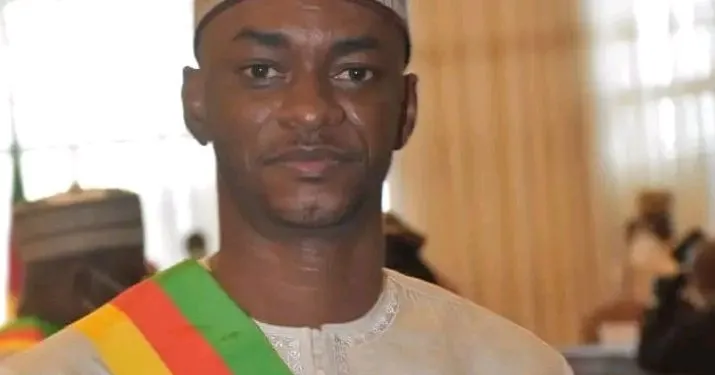The President of the Cameroon National Reconciliation Party (PCRN) of Cabral Libii has decried that Cameroon universities are no longer apolitical.
In a post on Friday, the Member of Parliament said the apolitical nature of the university is history.
His reaction came following a letter from the Dean of the Faculty of Letters, Arts, and Sciences of the University of Ebolowa, Reger Bernard Etaha.
Dean Threatens Lecturers
In the letter, the Dean had threatened lecturers who would not attend the screening documentary of President Paul Biya.
“Making the instructions of the Rector immediately executed for the subject mentioned in the margin. I have the honour to inform you that the presence of all at this event is obligatory. The Head of the General Administration and Personnel Department will be responsible for the attendance list, which will be sent to the Rector,” the Dean wrote.
Rector Legitimises Decision
In another separate letter, the rector of Ebolowa University, Prof. Eloa Jean Bosco, also emphasised this position. Administrative directors and financial affairs received the letter.
The rectora asked them to “take the measures” deemed useful to “monitor the effectiveness of the participation of all the staff of our university institution” from 9 a.m. on 2 November in the screening of the documentary film “Paul Biya, a statesman with a prodigious destiny.”
He also stated that he expects a sincere report of these checks at his office on Monday, November 4, before 5 p.m.
They are screening the document about Paul Biya across the ten regions of the country.
Cabral Libii states that power has opened the doors of a university to political propaganda. “The apolitical nature of the university campuses is now history,” Libii said.
“It is about time Cameroon puts itself in the range of modern democracies,” he added.
This follows the mobilisation of communities by Fons of the North West Region to attend the screening in Bamenda. Ambazonia separatists targeted some civilians who participated in the event. This has resulted in the region plagued by an armed separatist conflict to react poorly to the screening. Furthermore, critics largely view the screening of the documentary as a CPDM affair, not a national one.



